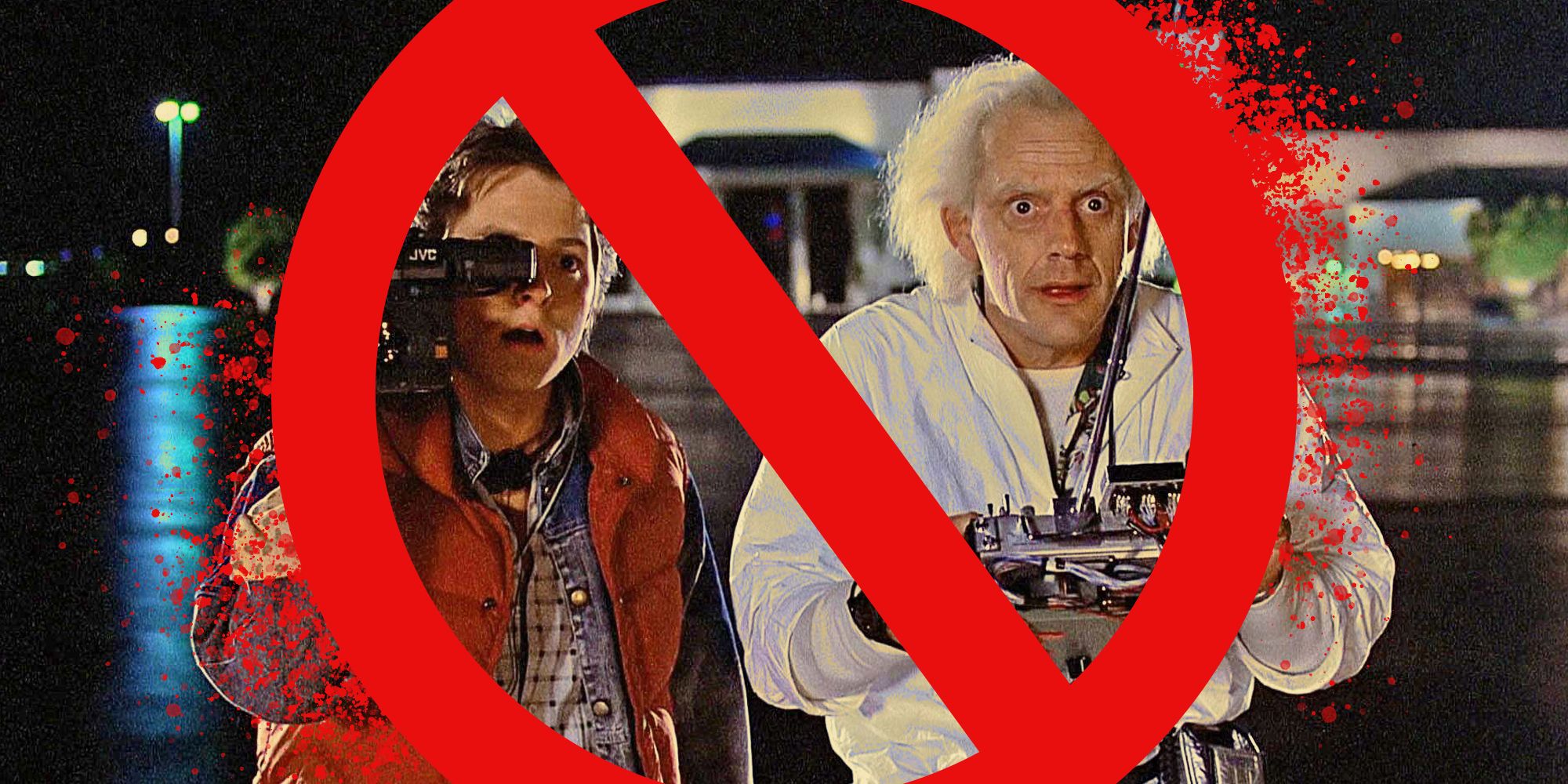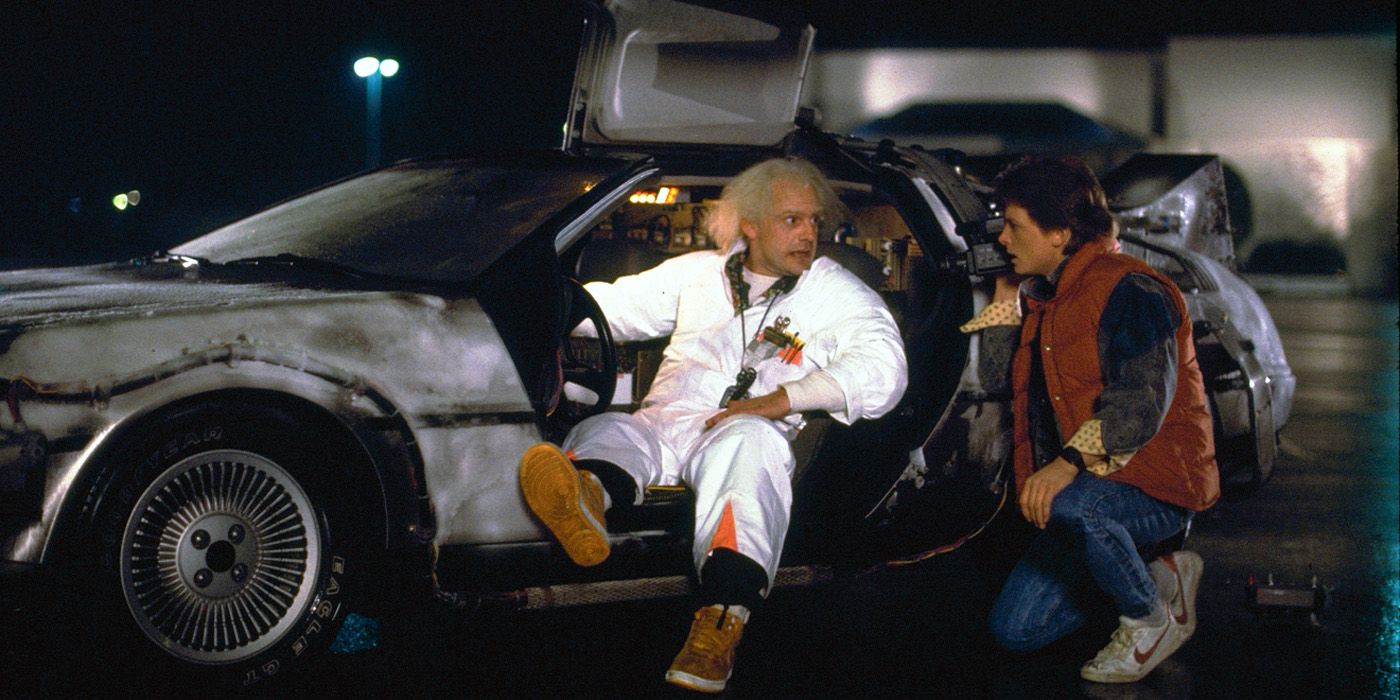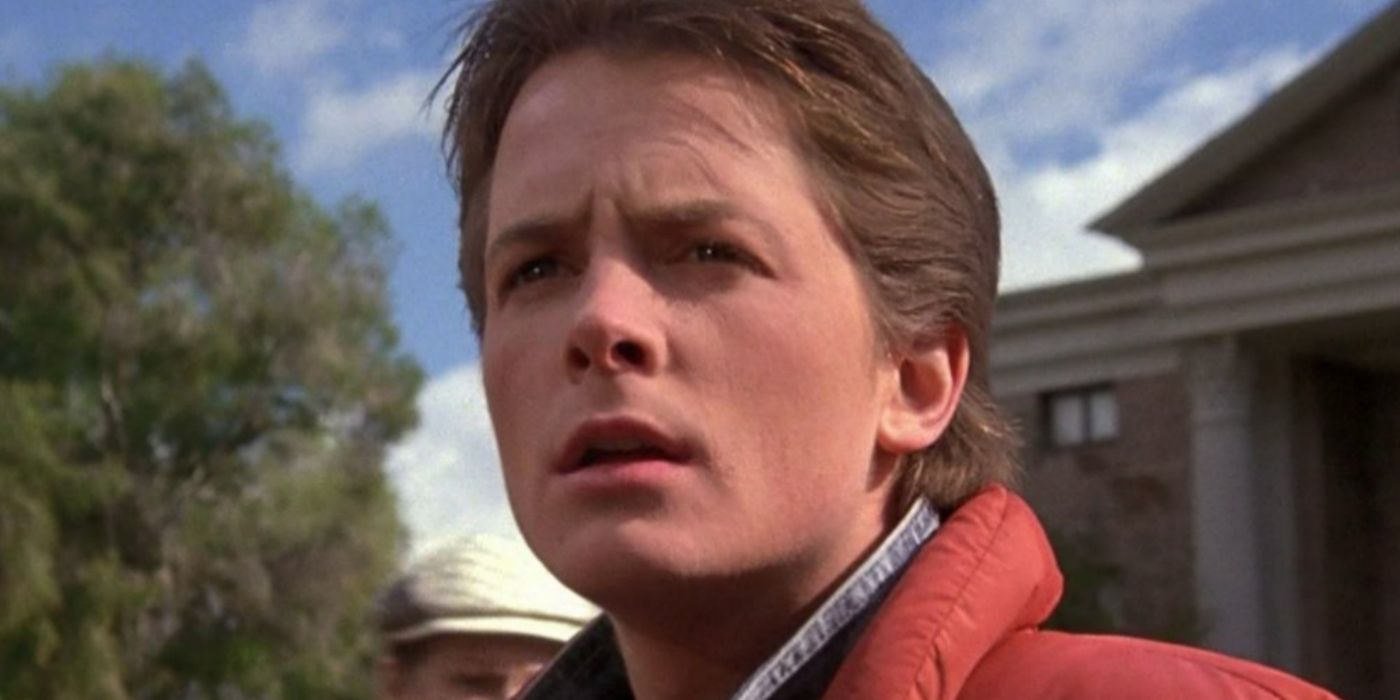In 1985, the classic sci-fi comedy Back to the Future was released to rave reviews. The film, starring Michael J. Fox and Christopher Lloyd, has gone on to become one of the most iconic movies of the era and spawned its own franchise. But it re-entered the news in a somewhat controversial manner after China released its criteria for new media bans throughout the country.
A TIME article revealed that the reasoning behind these bans was to crack down on content that encouraged “‘Western lifestyles.’” But many were still surprised to find that Back to the Future was one such film no longer deemed appropriate for Chinese audiences. Well, the reason was its use of time travel. According to regulators, time travel is often used in blatant, “frivolous” disregard of the importance of past events. In doing so, they cause audiences to reinterpret their relationship with past events, which can set the stage for the spread of forbidden ideas or a lack of reverence for one’s history. Therefore, they argued, programs that depict an irresponsible use of time travel for entertainment are too dangerous to be shown.
Back to the Future’s Controversial Use of Time Travel
The time travel within Back to the Future results from Emmett “Doc” Brown’s experiments, which always fascinated teenage Marty McFly. After stealing plutonium for his modified DeLorean, several men appear to take revenge and kill Doc. Marty narrowly escapes in the DeLorean after Doc is shot, not realizing the car is actually a time machine. Shortly after his arrival in the past, Marty saves the teenage version of his father from an oncoming vehicle, which inadvertently interrupts the moment his parents meet and fall in love. He then tries to find ways to rekindle their relationship before it is too late and his existence is permanently erased.
Of course, Marty does meddle with the events of time, eventually allowing his parents to meet again and saving Doc’s life. But the purpose of the film and Marty’s adventure is far less nefarious than made out to be in the time travel ban. The film itself actually has quite a lot of respect for the past and serves as a warning about what can happen when altering events.
China’s Time Travel Ban Is Counter-Productive - In This Case
One of the major lessons that Marty learns throughout the course of the film is empathy and respect for his parents -- a traditional value undoubtedly esteemed across the world. At the film's beginning, Marty desperately wishes not to end up like his parents, who he views as failures. After encountering their younger selves, he helps them and begins to see them as they truly are. That also ends up inspiring them to be better, and when Marty returns to the future, they are more successful and less timid.
Back to the Future, in several ways, is emblematic of the positive power of media. The film actually advocates for intergenerational dialogue that unifies and encourages rather than spreading messages of widespread disillusionment and rebellion. Sadly, it has not been seen in this light by some.



